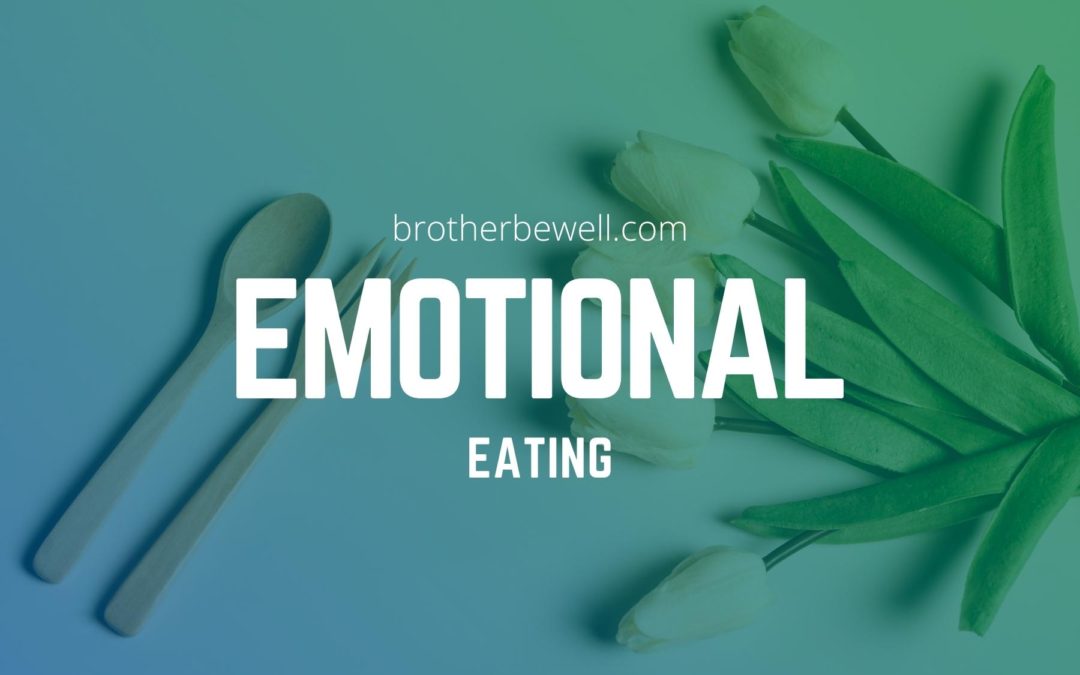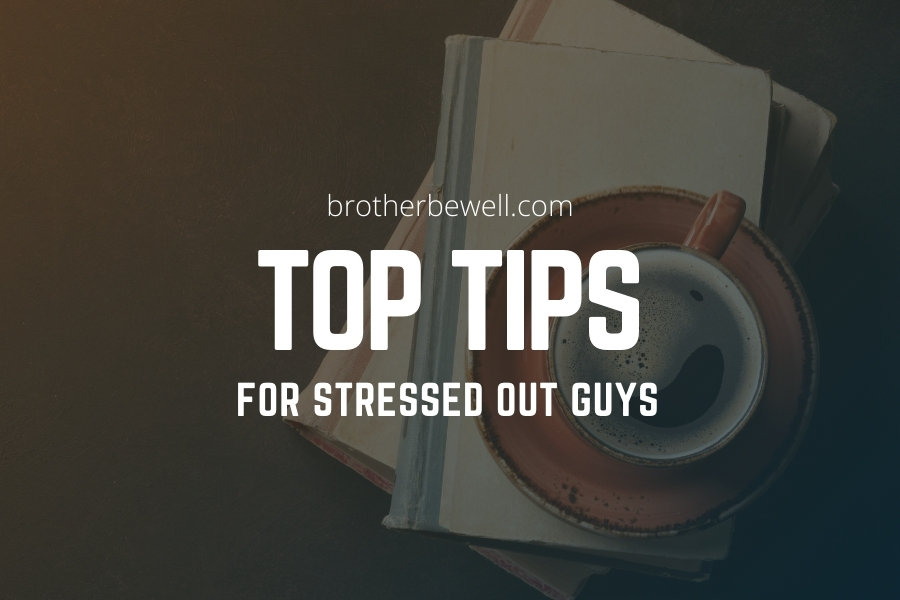Emotional eating happens when a person consumes food because of emotional moments and not due to physiological need. Eating due to a special occasion or for formality is not emotional eating as emotional eating is more about using food as a means to cope with stressors such as loneliness, boredom, fear, or to simply surrender to a craving.
The problem with emotional eating is usually not about what the person eats, but on how they are unable to control the frequency of when they emotionally eat – a problem that can lead to potential health risks such as obesity, binge eating, and even depression.
Signs
The following are signs of emotional eating.
- Your hunger comes out of nowhere. Be it watching your favorite series or working in front of the computer, a sudden urge to eat rises up. Being busy or preoccupied catches the person unoccupied and makes them go for any food within reach.
- You crave specific comfort foods. People don’t really crave for vegetables or fruits, but sugary and salty snacks and these are not exactly what your body needs from a nutritional standpoint.
- You’re unable to control your appetite. A handful of chips can easily transition into a whole bag or two. To make it worse, they don’t even enjoy the food they’re eating; they’re just munching on it by instinct.
- You crave more food despite being full. There’s a difference between being full and being stuffed, and emotional eaters usually gravitate towards the latter and they don’t know why.
- You’re trapped in a guilt-cycle. The cycle goes like this: They get a huge craving, they over address that craving, they feel angry at themselves for doing it and promise to never give in again, but they do it again the next day.
Causes and Triggers
There are many reasons why people become emotional eaters, but for the most part it involves coping with stress and boredom. When we’re stressed or bored, we have to find a way to make ourselves feel good and the best ways to cope with it are sleeping, talking to people, or simply going for a walk. Unfortunately, not everyone has the luxury to do any of those so many turn to the next best thing: Food.
The fact that food is convenient and accessible actually makes it hard for emotional eaters to control themselves. This makes them extra vulnerable to instantly satisfy their cravings and at the same time, instantly put their health at risk.
Tips on how to stop Emotional Eating
- Keep a food diary. Listing the food you eat daily can help you become more aware of the kind of food you eat. Becoming more aware allows you to prevent emotional eating.
- Manage your stress. If you can find a way to keep stress at bay, whether by physical activity or just mindful meditation, the less likely are you to have an emotional eating episode.
- Seek support. Getting help from those you work or live with can go a long way in preventing emotional eating.They can help by not offering or buying you food that triggers emotional eating.
- Be extra creative. Bored or stressed? There many ways to fill the void outside of eating. You can go read a book, sleep, watch a video, or just go outside and get a view of your surroundings.
- Out of sight, out of mind. Not seeing your trigger foods will make you less likely to crave them. At the very least, it will prevent you from giving in to food that are likely bad for your health.
References:
What is Emotional Eating
- Cardi V, Leppanen J, Treasure J. The effects of negative and positive mood induction on eating behaviour: A meta-analysis of laboratory studies in the healthy population and eating and weight disorders. Neurosci Biobehav Rev. 2015;57:299-309. https://www.ncbi.nlm.nih.gov/pubmed/26299807
- Koenders PG, Van strien T. Emotional eating, rather than lifestyle behavior, drives weight gain in a prospective study in 1562 employees. J Occup Environ Med. 2011;53(11):1287-93. https://www.ncbi.nlm.nih.gov/pubmed/22027541
- Ricca V, Castellini G, Lo sauro C, et al. Correlations between binge eating and emotional eating in a sample of overweight subjects. Appetite. 2009;53(3):418-21. https://www.ncbi.nlm.nih.gov/pubmed/19619594
- Konttinen H, Silventoinen K, Sarlio-lähteenkorva S, Männistö S, Haukkala A. Emotional eating and physical activity self-efficacy as pathways in the association between depressive symptoms and adiposity indicators. Am J Clin Nutr. 2010;92(5):1031-9. https://www.ncbi.nlm.nih.gov/pubmed/20861176
Causes and Triggers
- Yau YHC, Potenza MN. Stress and Eating Behaviors. Minerva endocrinologica. 2013;38(3):255-267. https://www.ncbi.nlm.nih.gov/pmc/articles/PMC4214609/
- Chapman CD, Nilsson VC, Thune HÅ, et al. Watching TV and Food Intake: The Role of Content. Tomé D, ed. PLoS ONE. 2014;9(7):e100602. doi:10.1371/journal.pone.0100602. https://www.ncbi.nlm.nih.gov/pubmed/24983245
Tips
Burke LE, Wang J, Sevick MA. Self-Monitoring in Weight Loss: A Systematic Review of the Literature. Journal of the American Dietetic Association. 2011;111(1):92-102. doi:10.1016/j.jada.2010.10.008. https://www.ncbi.nlm.nih.gov/pubmed/21185970
By Robert James Rivera



